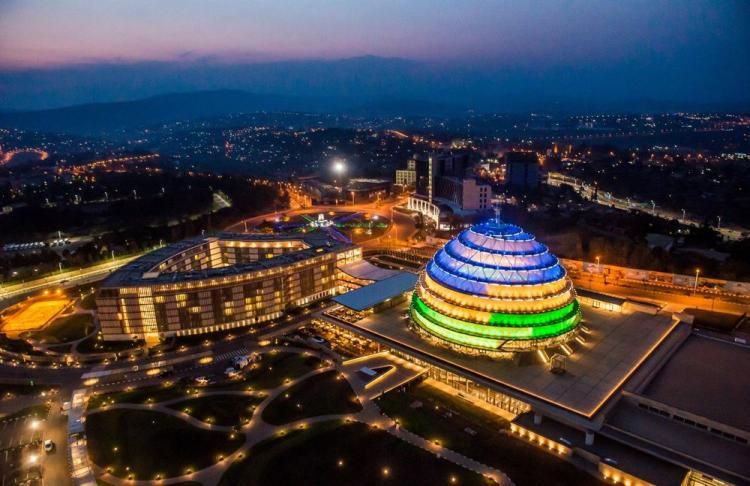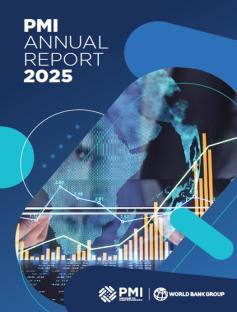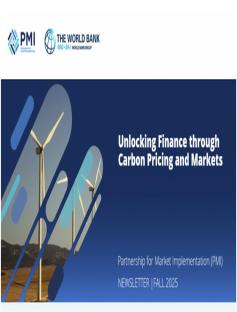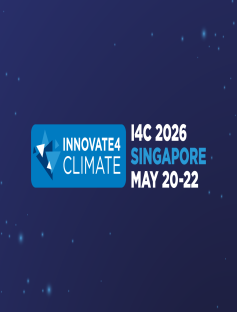This two-and-a-half--day workshop, jointly organized by the PMI and CwA, facilitated discussions and supported learning and information sharing from countries with experience in building readiness to participate in international carbon markets and identifying opportunities to access climate finance. The workshop addressed various topics, including key ingredients to shape country strategies, such as country-level policy framework, building infrastructure such as Measurement, Reporting, and Verification (MRV) and registry system, pricing considerations, capacity building needs, private sector requirements, and other related aspects. Additionally, participants also discussed the interaction between country participation in international carbon markets and using domestic carbon pricing instruments.




